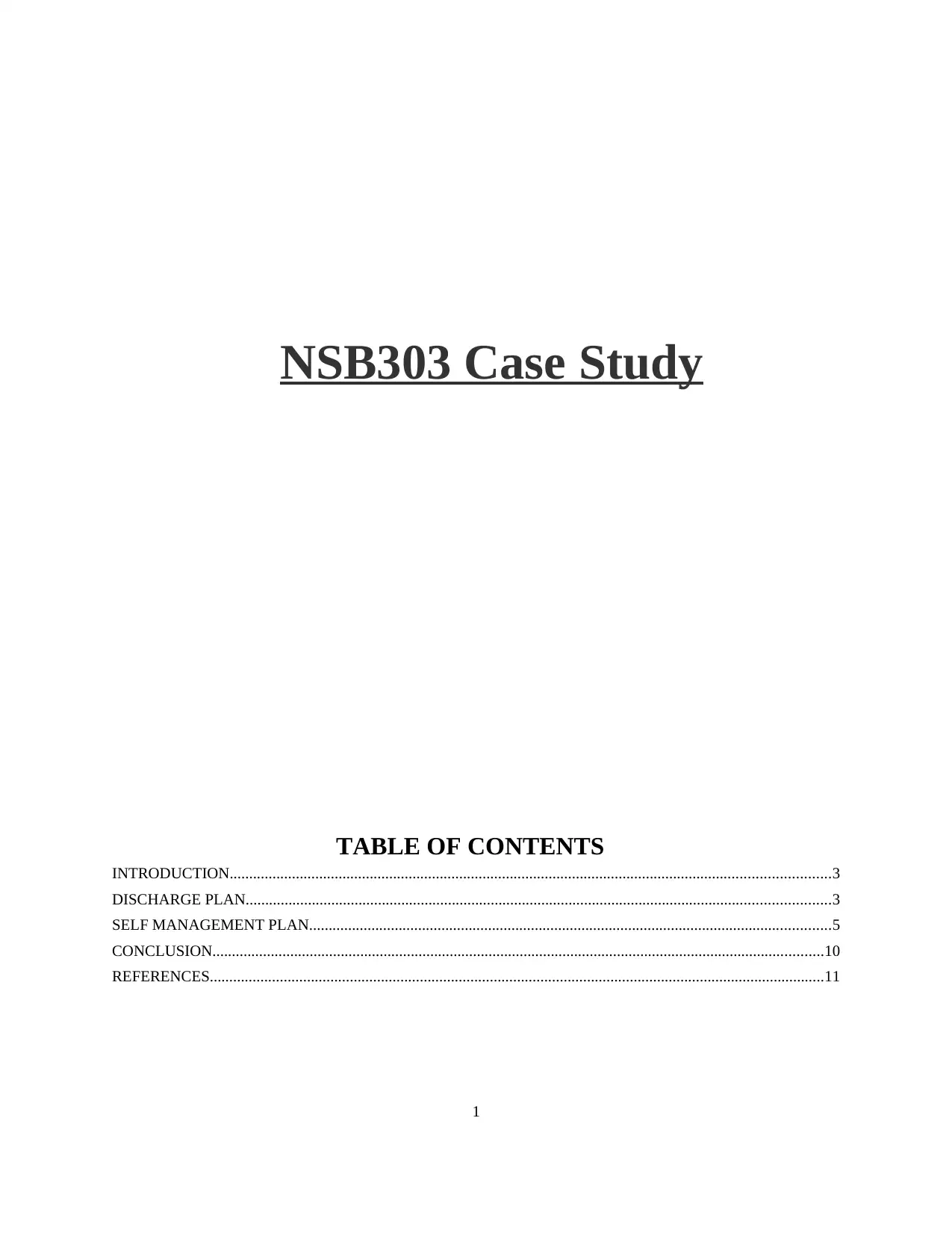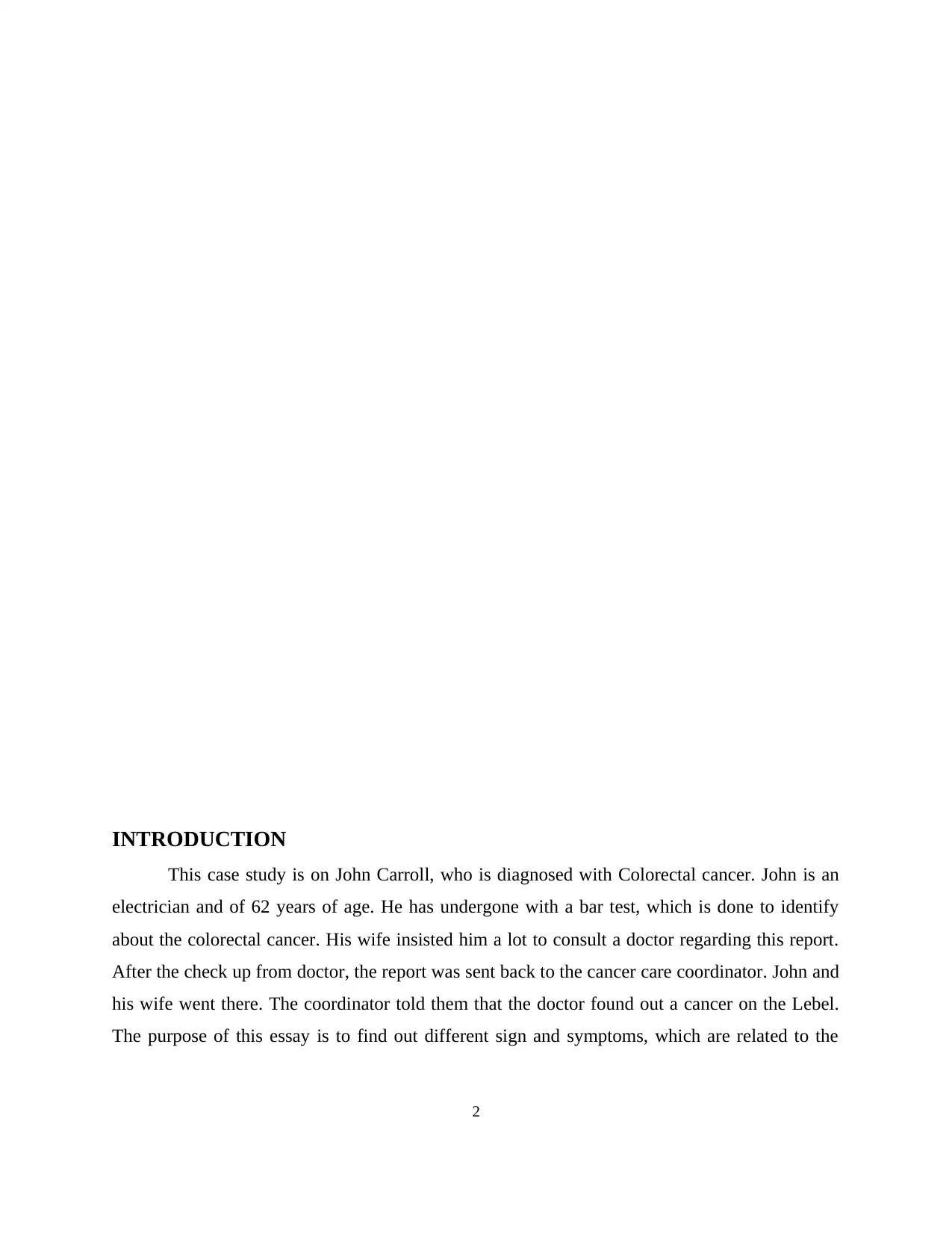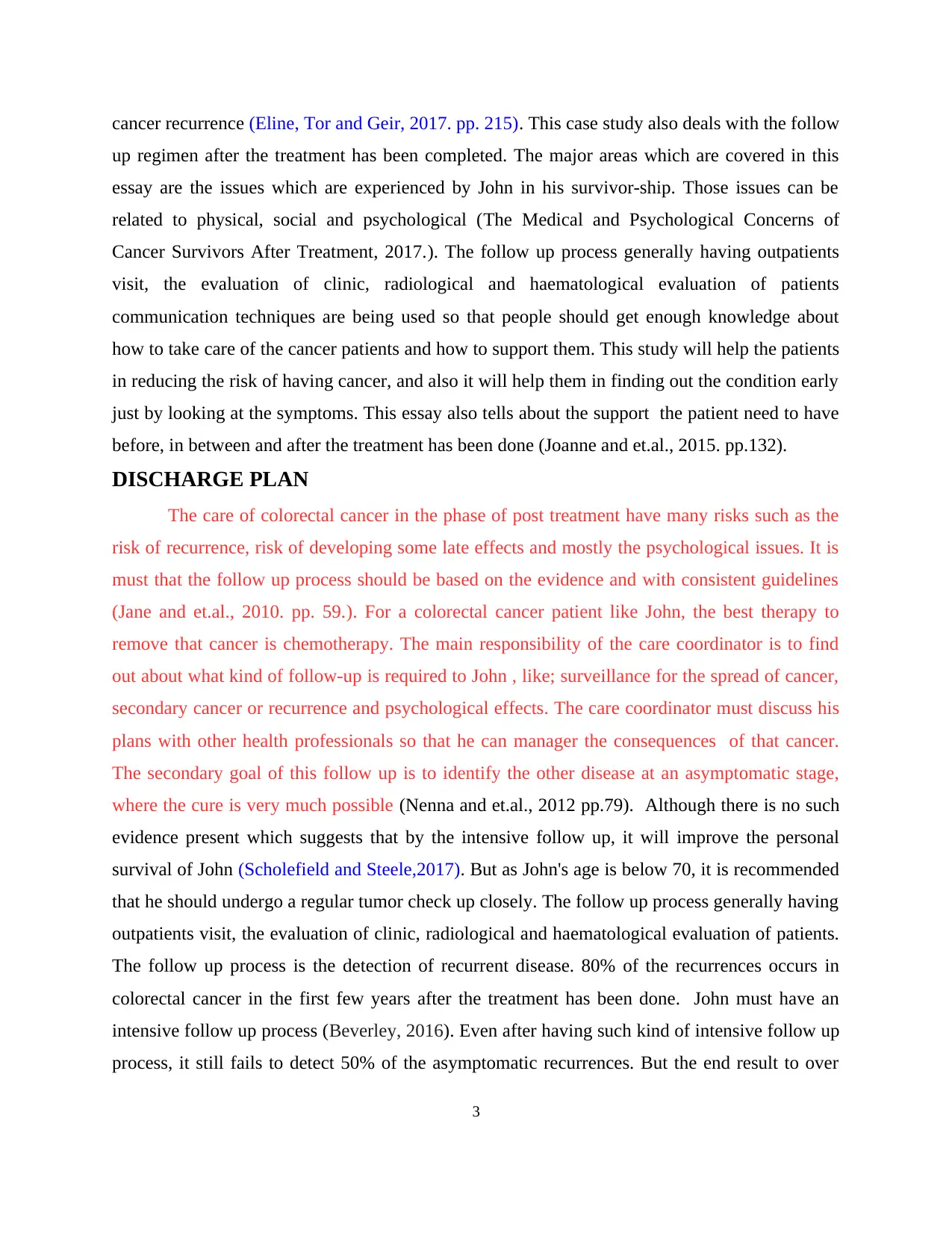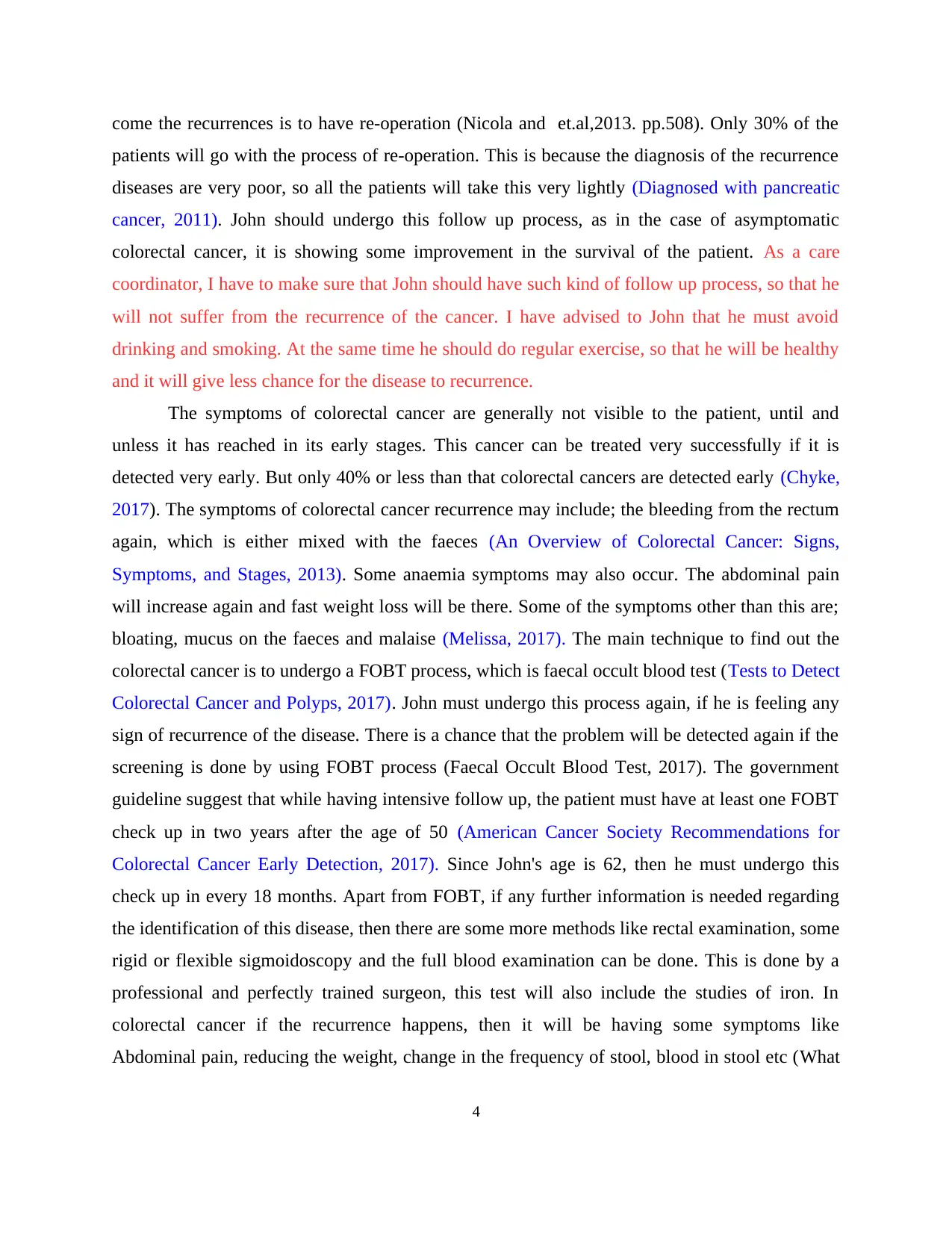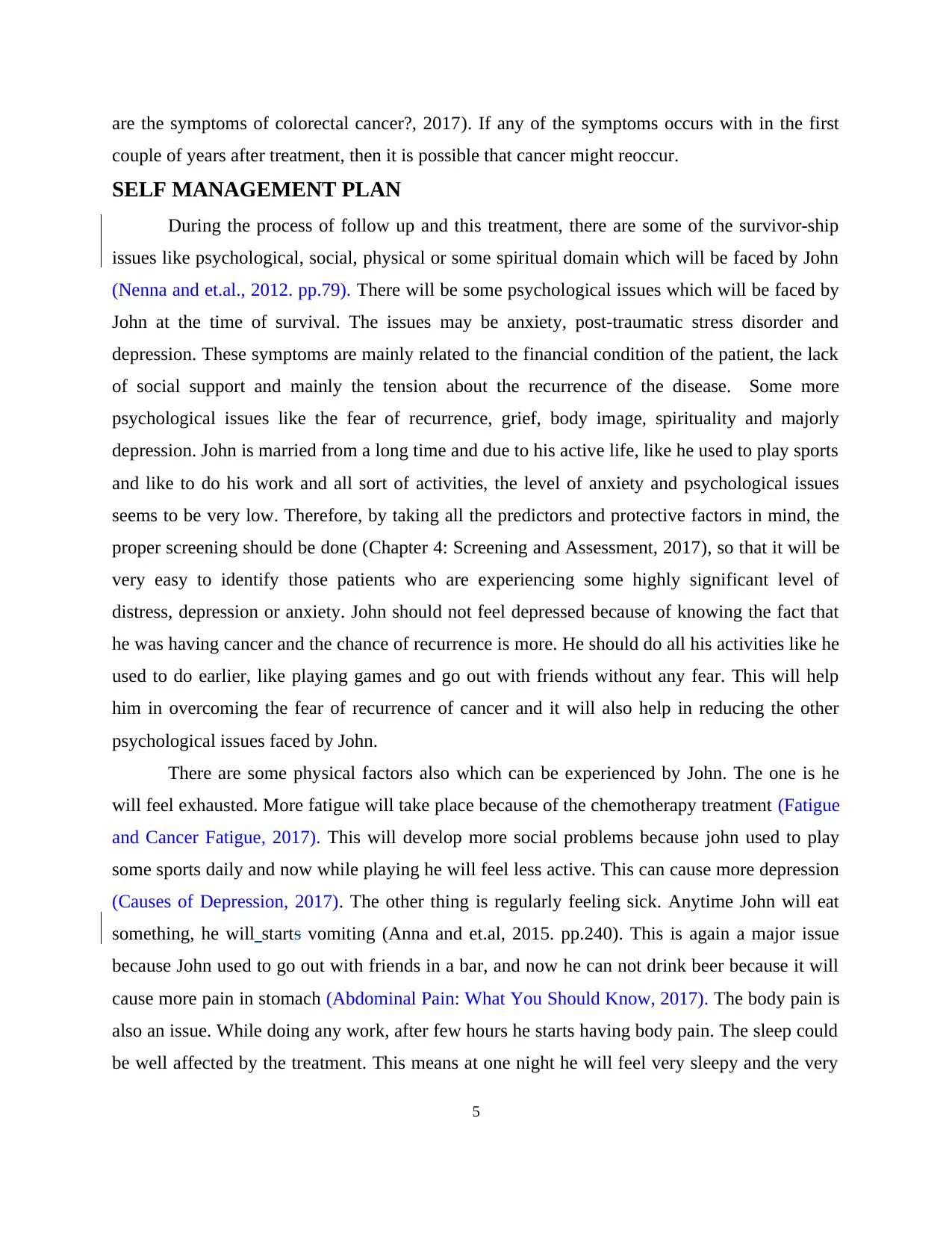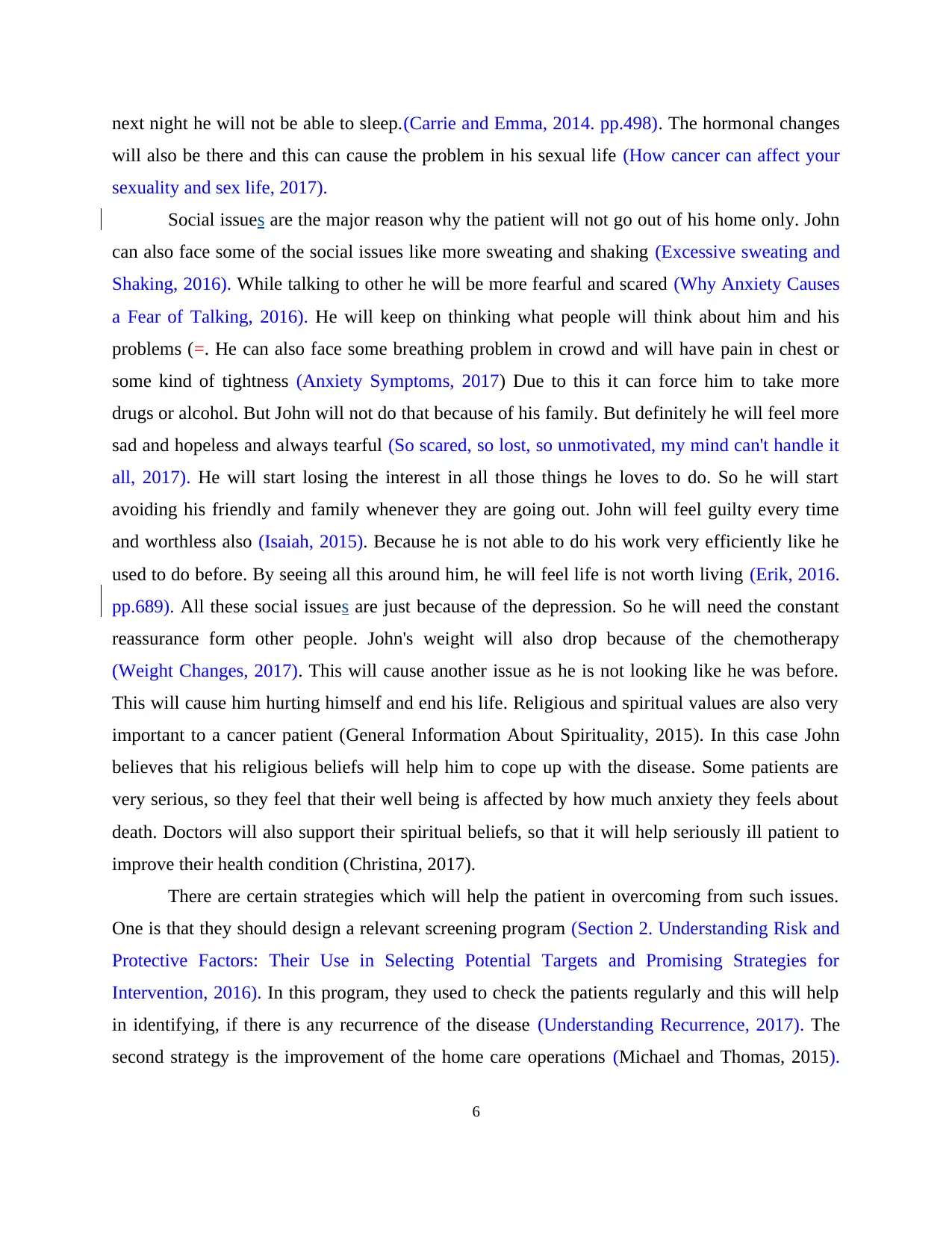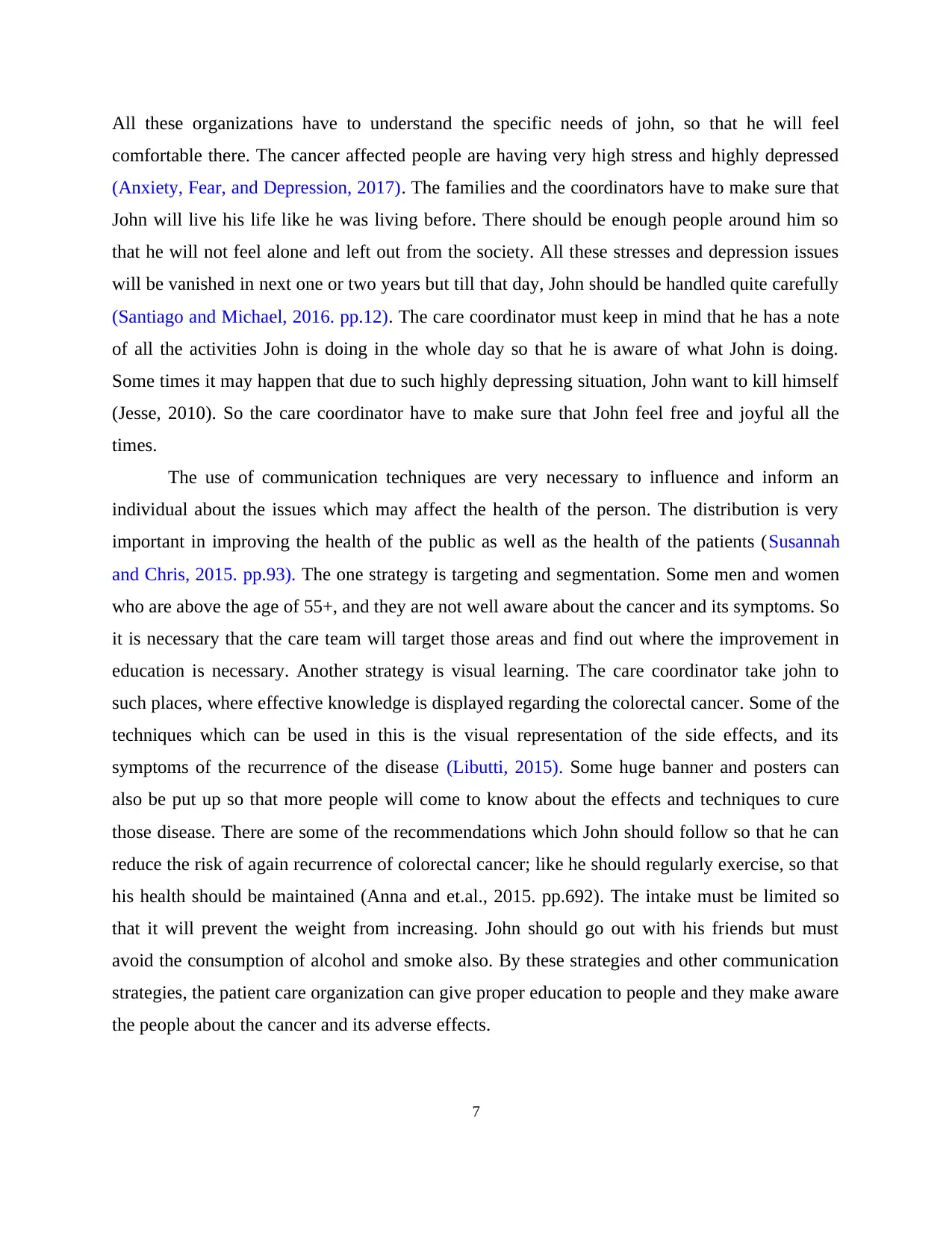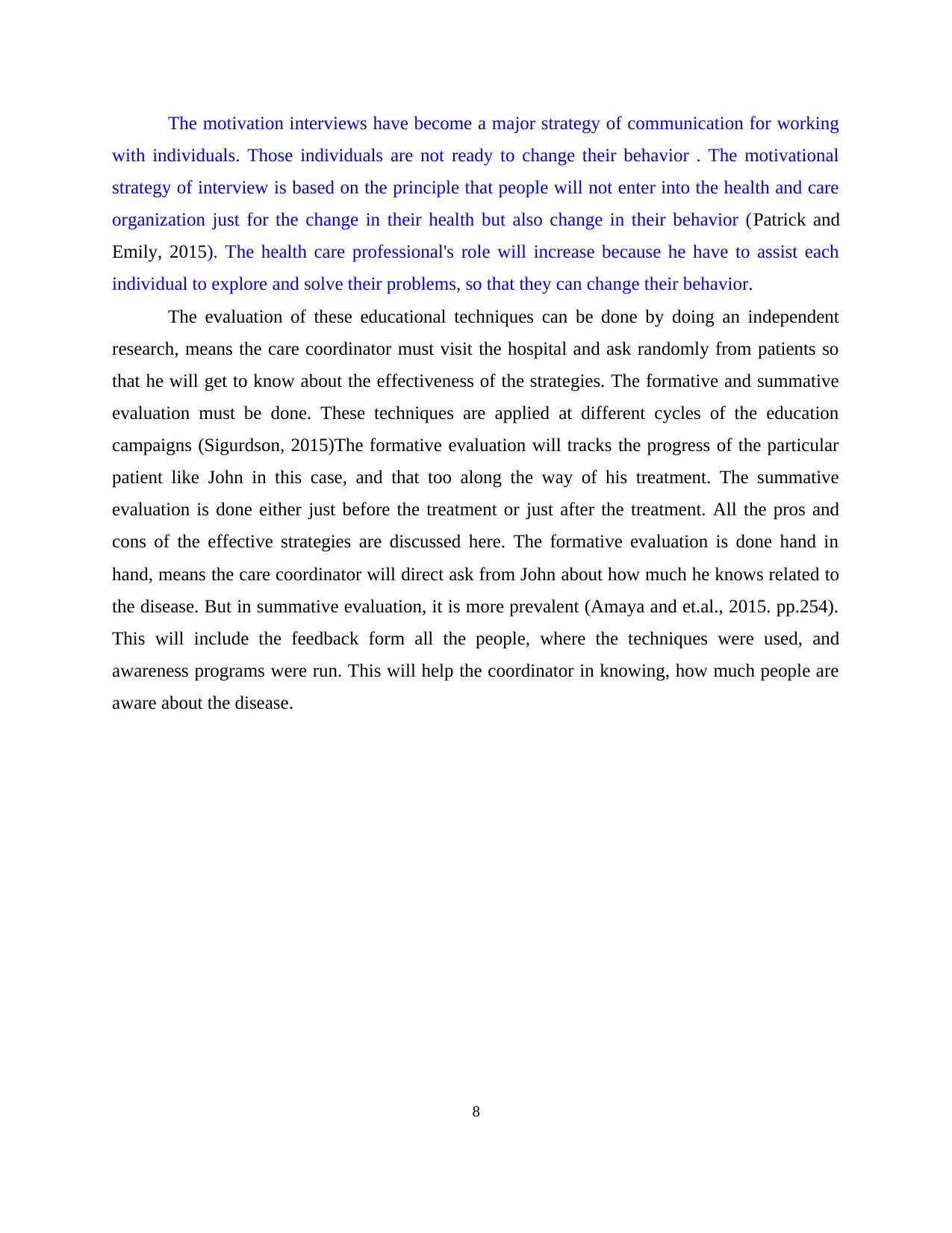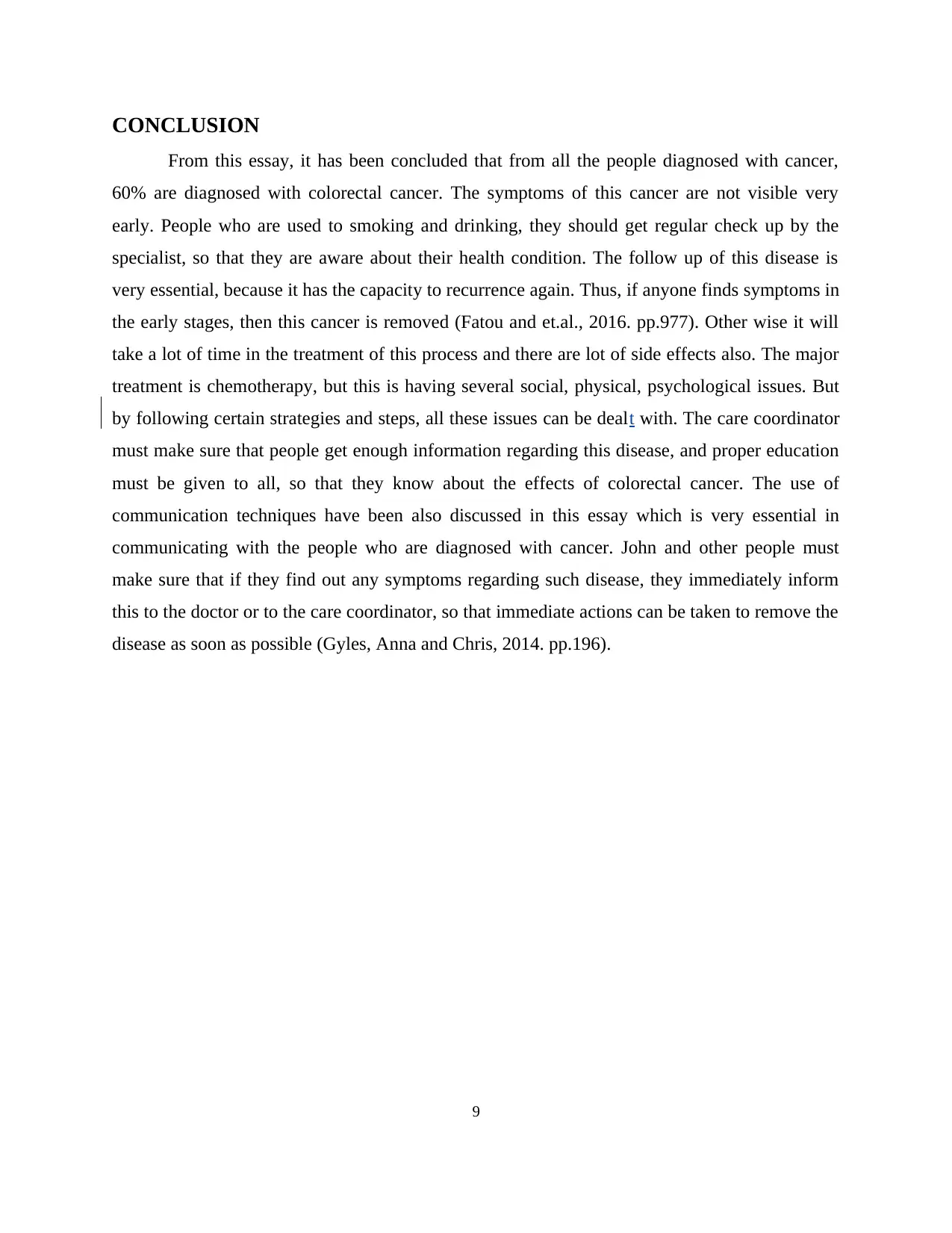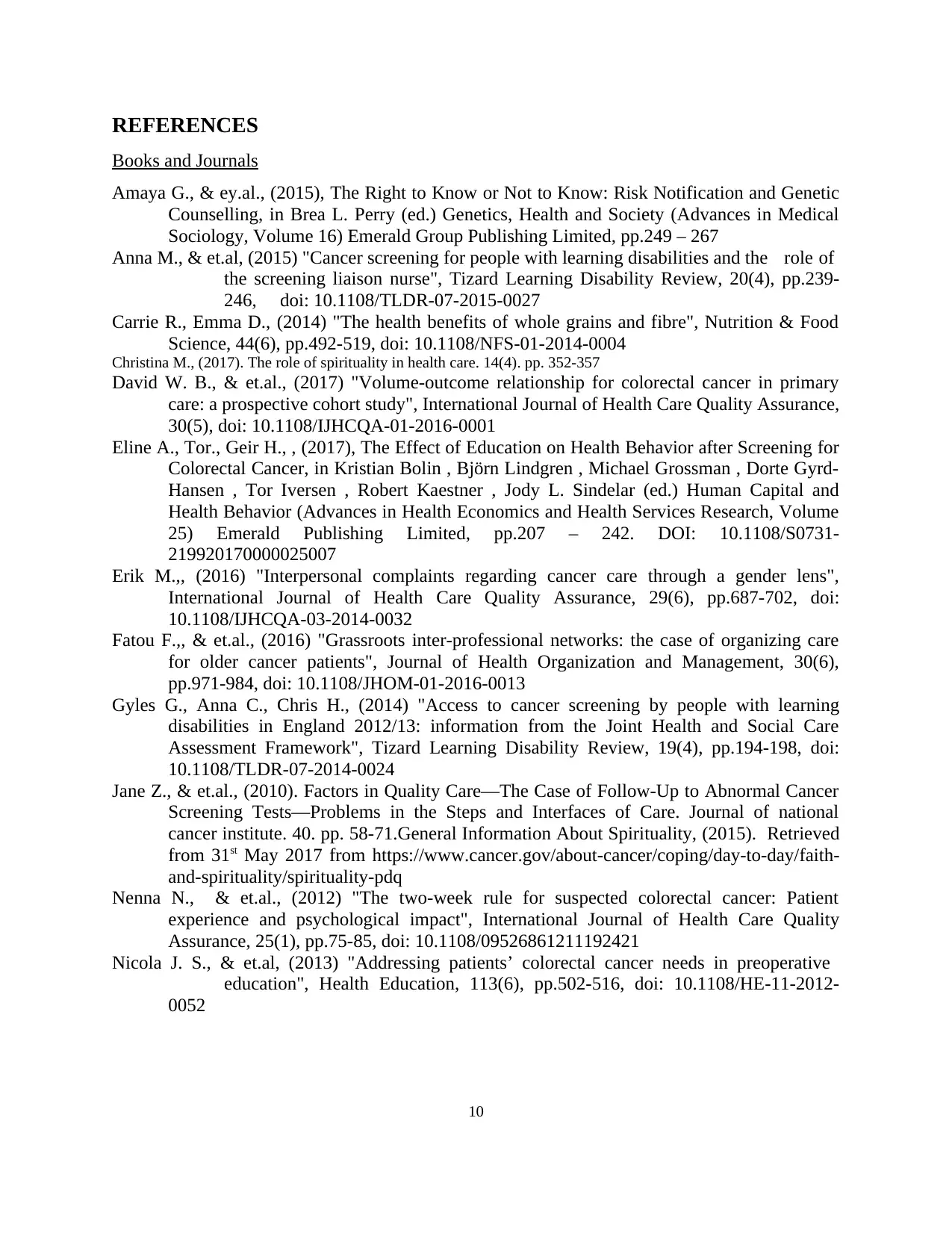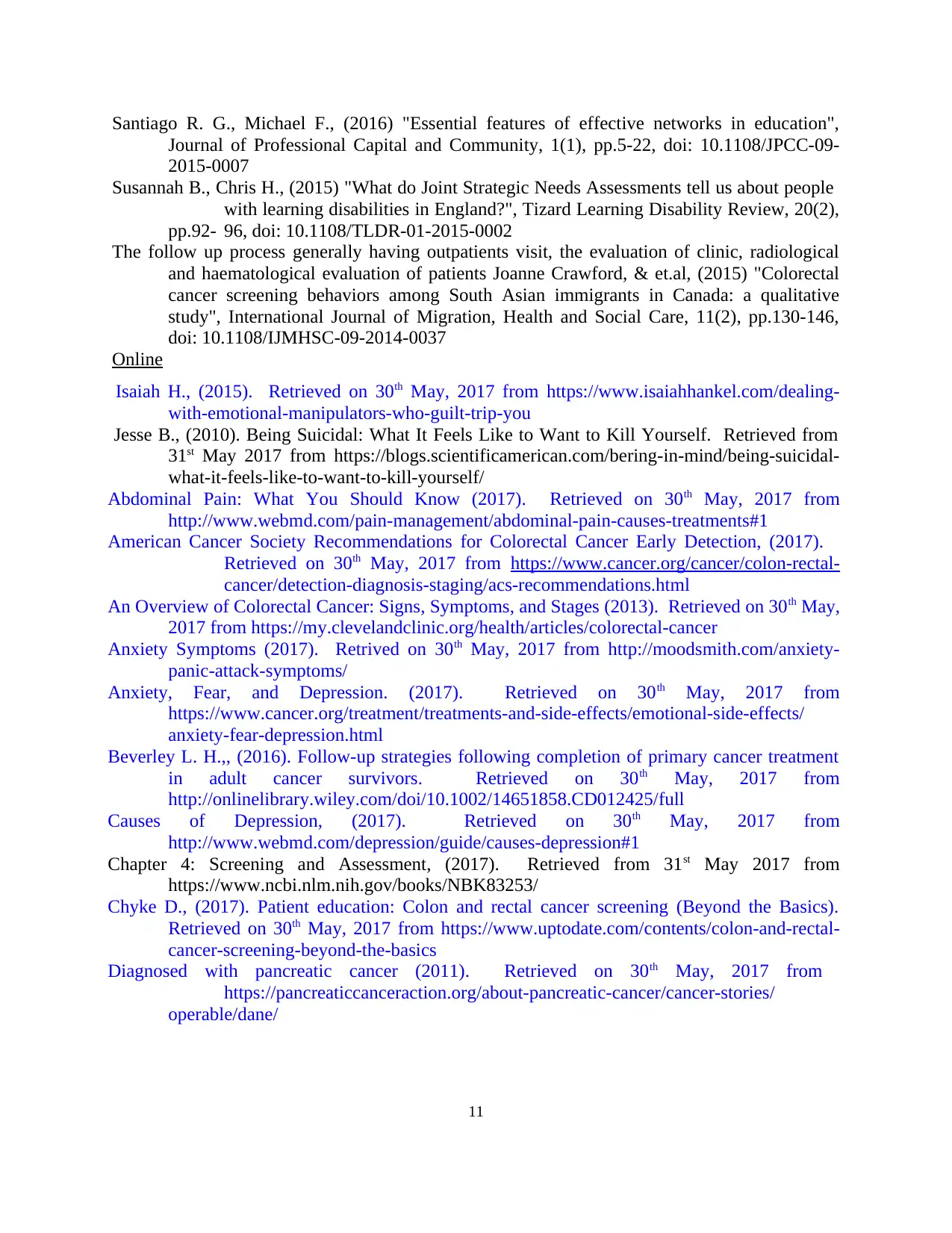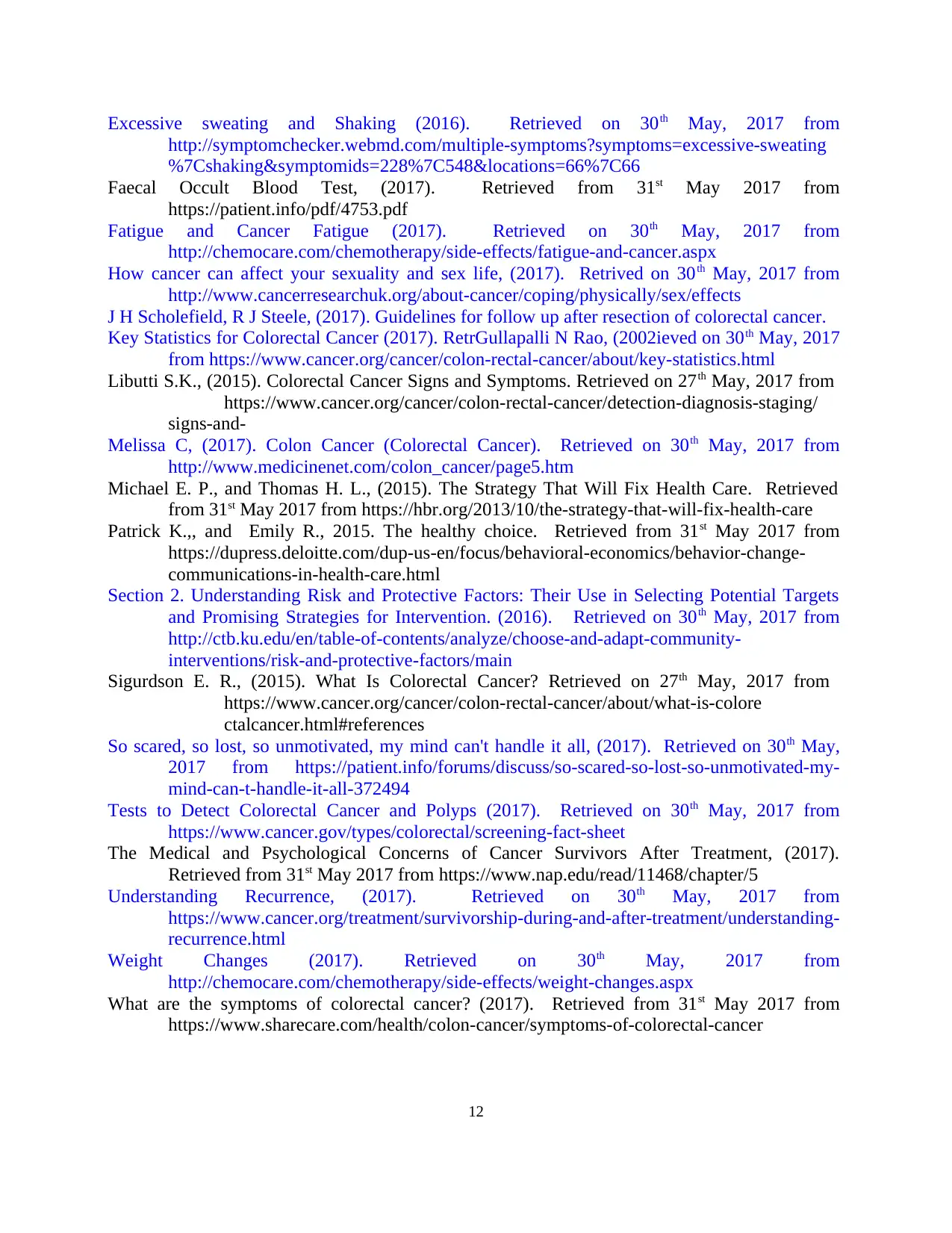After resection of colorectal cancer, it is essential to understand the symptoms, risk factors, and protective factors involved in colorectal cancer. According to key statistics for colorectal cancer (2017), the disease is the second-leading cause of cancer deaths among both men and women in the United States. The American Cancer Society provides information on the signs and symptoms of colorectal cancer, including blood in the stool, changes in bowel movements, abdominal pain, and unexplained weight loss. Understanding risk factors such as family history, age, and diet can help identify potential targets for intervention. Furthermore, identifying protective factors like physical activity, a healthy diet, and regular screening can inform promising strategies for preventing recurrence. In addition to medical concerns, psychological issues such as anxiety and depression must also be addressed in cancer survivors after treatment. By understanding the complexities of colorectal cancer, healthcare providers can better support patients during and after treatment.
![[object Object]](/_next/static/media/star-bottom.7253800d.svg)
![[object Object]](/_next/static/media/star-bottom.7253800d.svg)
